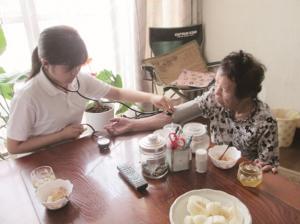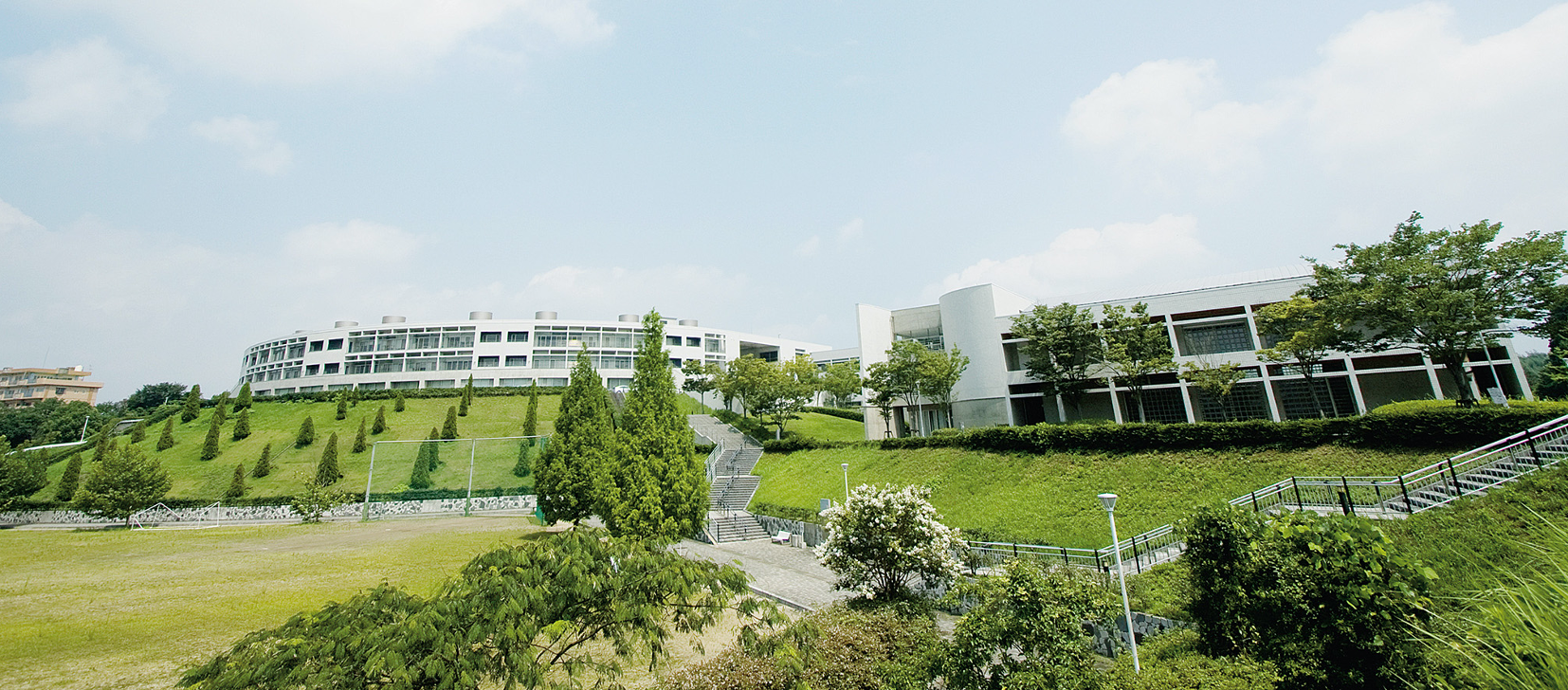Special Features of the Curriculum
Special Features of the Curriculum
Preventive Home Visit Practicum
Community-based integrated care systems assist older adults to live at home in their final days. However, Japanese nursing students rarely observe and learn from community-dwelling older adults.
Students learn about community-oriented geriatric and community health nursing in this practicum. They assess the health and social issues of older adults in home visits of four-member teams of first to fourth grade students. They provide advice and assistance in preventing decline in physical and mental functions but not medical care or treatment.
Students experience collaborative team practice and learn about the importance of wellness, health promotion and community care for older adults in the practicum. It is a useful example for future nursing education focused on older adults to help address the problems of our aging society.

School Health Nurse Training Course
School health nurses in Japan are specially licensed educators who support the growth and development of children through health education and health care services. They manage and operate school health rooms and provide first aid, health instruction, and physical and mental health care. They also accept, encourage and counsel truants and students with various anxieties.
Our four-year training course admits several students per year from each incoming class of new nursing students, so all course graduates have a strong background in nursing. They can sit for the national licensure examinations for both registered nurses and school health nurses.

Health Science Experiments
Sophomore students learn about the human body, health-related phenomena and our natural environment through weekly health science experiments. There are ten unique experimental lectures related to the contents of health science classes. Groups of ten students rotate through each lecture during the ten-week course.
1. Human Anatomy Field Trip Practicum (Human Biology Lab)
2. Histology Practice (Human Biology Lab)
3. Blood Test (Pathobiology Lab)
4. Basic Microbiology Experiments (Pathobiology Lab)
5. Rat Dissection (Pathobiology Lab)
6. Radiation (Environmental Health Science Lab)
7. Chromosomal Abnormality (Environmental Health Science Lab)
8. Measurement of Respiratory and Cardiovascular Endurance (Physical Fitness and Sports Science Lab)
9. Electrocardiogram and Heart Rate Variability (Human Biology Lab)
10. Practice in Food and Nutrition (Human Biology Lab)
Graduation Thesis Research
Students do individual graduation thesis research from the end of their junior year. A faculty advisor guides their research, thesis writing and research presentation. They give their graduation thesis presentations at the end of their senior year.
Through graduation thesis research students learn to recognize, analyze and solve problems from multiple perspectives. They learn appropriate research methods and they acquire the basic skills needed for conducting future research.

